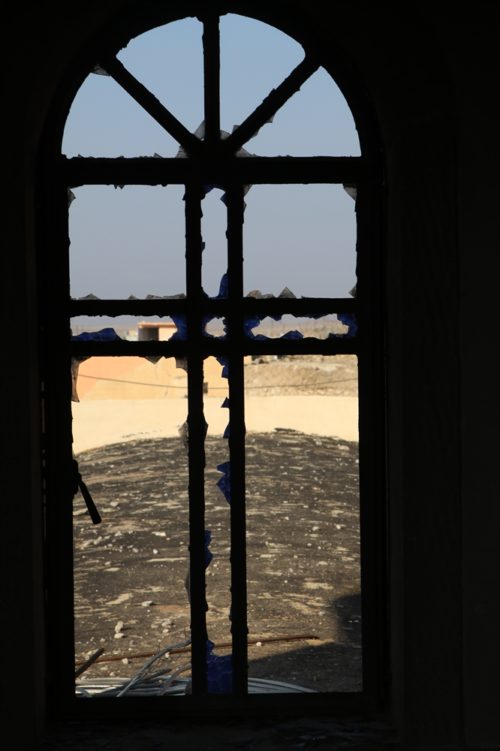Following the Palm Sunday bomb attacks on two Egyptian churches, Ewelina Ochab, writing for Forbes, suggests that it’s time to be more proactive in response to the persecution of Christians – “the most persecuted religious group in the world”.
“The situation [for Christians] has not improved [in] recent years,” she writes. [On] the contrary, over the years, a number of other research centres and international institutions have confirmed this conclusion.”

She notes that “the response to the persecution of Christians (including terror attacks) is predominately reactive and not preventive”, and that it has not been taken seriously in the West because Christianity is perceived as a majority religion, and hence it is difficult to see Christians as victims, even though in reality “Christians constitute a minority group in many countries in North Africa and the Middle East, places where Christianity is on a verge of disappearance”.
Perhaps another reason why the issue isn’t taken seriously is that, although, according to the Pew Forum, Christians are also the “most harassed religious minority in the world”, their oppression is largely under-reported in the West.
Canadian MP Candice Bergen spoke about the issue in the Canadian parliament yesterday, and then posted the below video to her Facebook page, alongside this message:
“More Christians die and suffer for their faith than any other religious group in the world. The elite, including liberal media, not only ignore this fact but most often are the ones who treat Christians with mocking, stereotyping and disdain. It’s a rare sight to ever see Hollywood portray a Christian in a positive manner, much less talk about the plight of Christians in places like the Middle East. I brought attention to this today in the House of Commons. Please share this video if you agree that Christians need the world to stand up for their freedom and their protection.”
Rupert Shortt, in his book ‘Christianophobia‘, suggests this is because persecuted Christians tend not to respond with violence, while young Christians in the West don’t become “radicalised” – so this doesn’t make the news.
He also accuses the media of having “been influenced by the logical error that equates criticism of Muslims with racism, and therefore as wrong by definition”. According to Shortt, this has helped to cement the surprisingly widespread notion that Christianity is a “Western” faith.
However, as Ochab highlights, in some parts of the world persecution of Christian minority groups has become so severe that the religion in those regions could soon cease to exist.
According to the 2017 Open Doors World Watch List, which ranks the 50 countries in which it is most difficult to live as a Christian, in 2016 the worldwide persecution of Christians rose for the third year in a row. Open Doors also noted that Christians are being killed for their faith in a greater number of countries than before.
In an article for the Washington Times, Vernon Brewer references the World Watch List when he writes: “A report released this past January says 2016 was the ‘worst year yet’ for Christians in the past quarter-century.”
He adds: “Religious persecution is the world’s greatest and most enduring crisis. It’s followed us through millennia, from civilization to civilization, and has worsened through time. The ISIS suicide bombings of two Egyptian churches on Sunday that killed 47 worshippers is just the most recent example of the deadly assault on people of faith.
“We must ask ourselves: How long will we allow Christians to be the most persecuted people in the world? Until there are none left in Iraq or Syria? Until Boko Haram wipes them out of Nigeria and Hindu nationalists completely ban them from Indian society?”